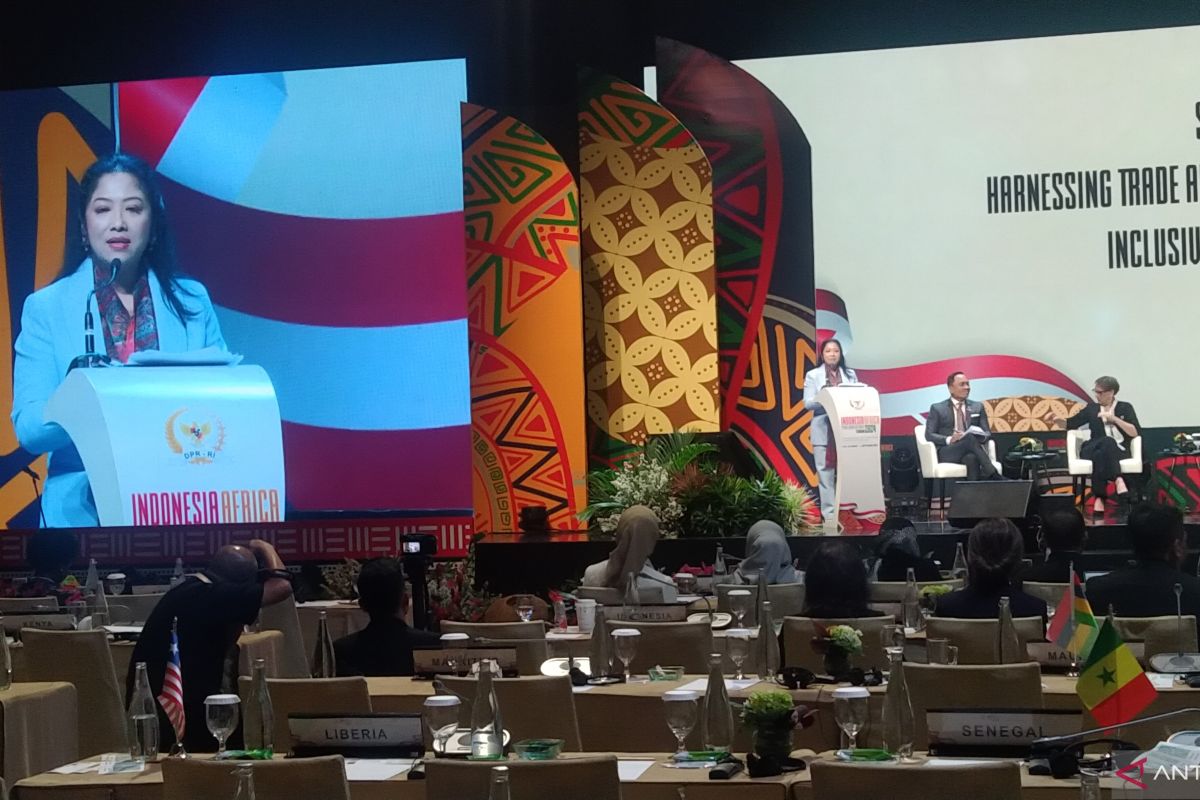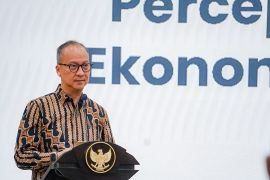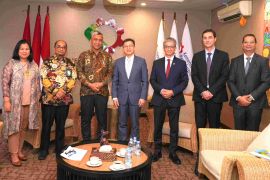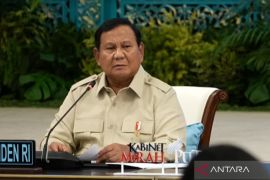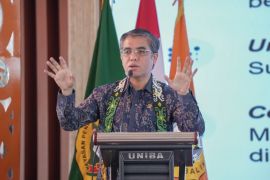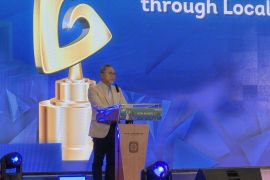Badung, Bali (ANTARA) - The Indonesian Government supports the downstreaming industry of renewable energy in African countries to provide greater economic added value.
"There is a lot of potential in Africa, and (we have) an MoU of cooperation (ready)," Assistant Deputy for Maritime Security and Resilience at the Coordinating Ministry for Maritime Affairs and Investment Adriani Kusumawardani stated during the Indonesia-Africa Parliamentary Forum (IAPF) here on Sunday.
On that occasion, she told the parliamentary delegates from African countries that the downstreaming process increases state revenues based on Indonesia's own experience.
Kusumawardani revealed that for the processing of natural nickel resources domestically, state revenues rose to around USD38 billion, a significant increase from the initial USD1.3 billion when Indonesia sold the raw materials to international markets.
She explained that the policy also provides Indonesia with a foundation for developing derivative industries, such as batteries for electric vehicles and renewable energy.
"This policy can be implemented by African countries to ensure they can gain more value from mineral natural resources," she remarked.
In addition to encouraging the development of downstreaming in Africa, Indonesia supports increasing competition and efficiency, as well as innovation and technology transfer.
The IAPF is held concurrently with the 2nd Indonesia-Africa Forum (IAF II), which is expected to reach a substantial US$3.5 billion value of cooperation.
Key achievements of the IAF II include the inking of several memoranda of understanding (MoUs) and strategic cooperation agreements, such as the development of geothermal energy between PT PLN and TANESCO Tanzania.
Also signed were a Master Agreement for health technology transfer cooperation between Biofarma and Atlantic Lifescience Ghana and a Letter of Intent between PT Dirgantara Indonesia and AD Trade, facilitating the purchase and maintenance of aircraft by Congo and Senegal.
During the forum, Indonesia also promotes priority areas for cooperation that include economic transformation, energy, mining, food security, health, and development.


